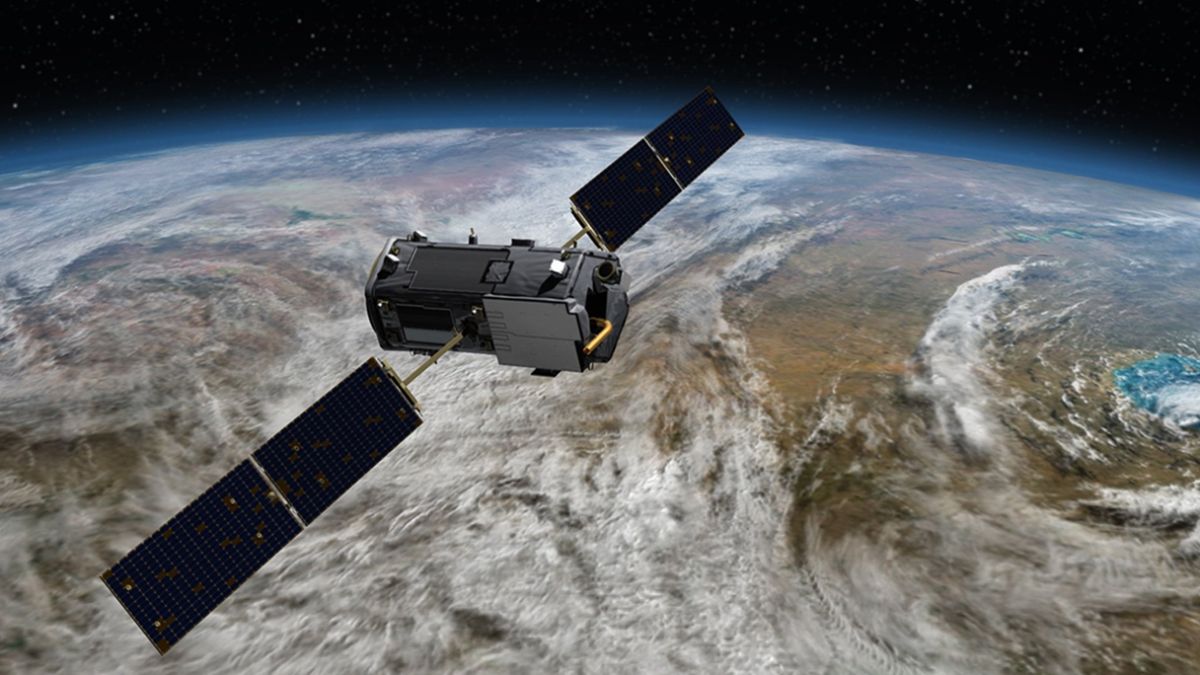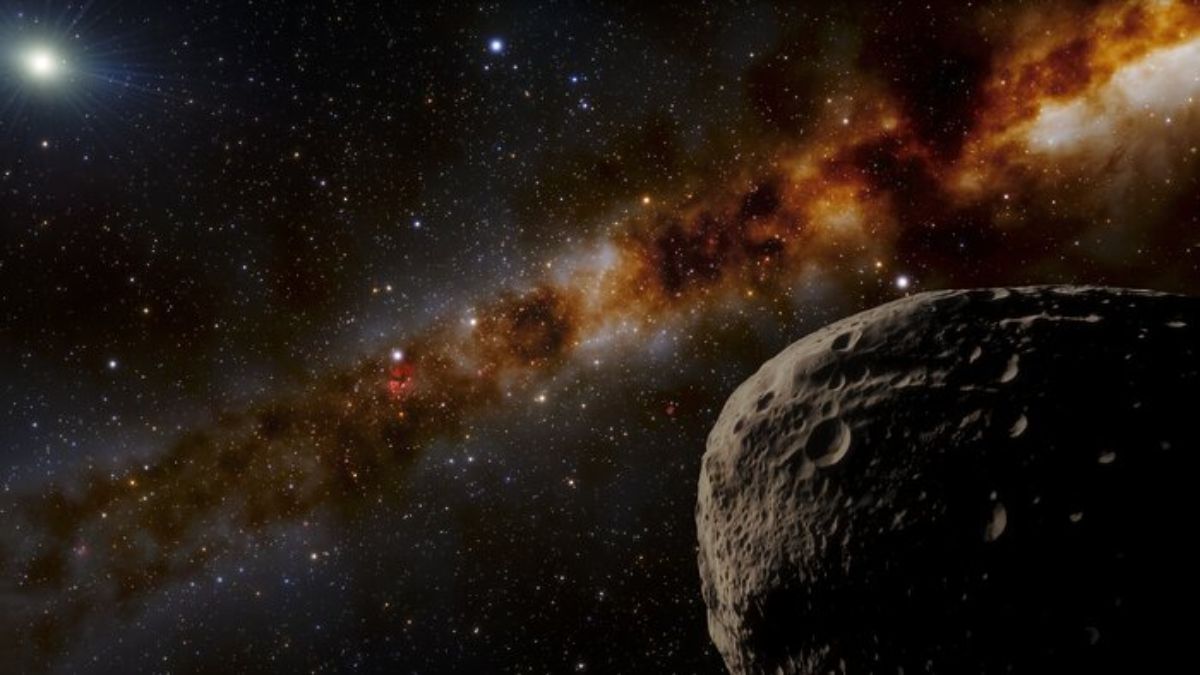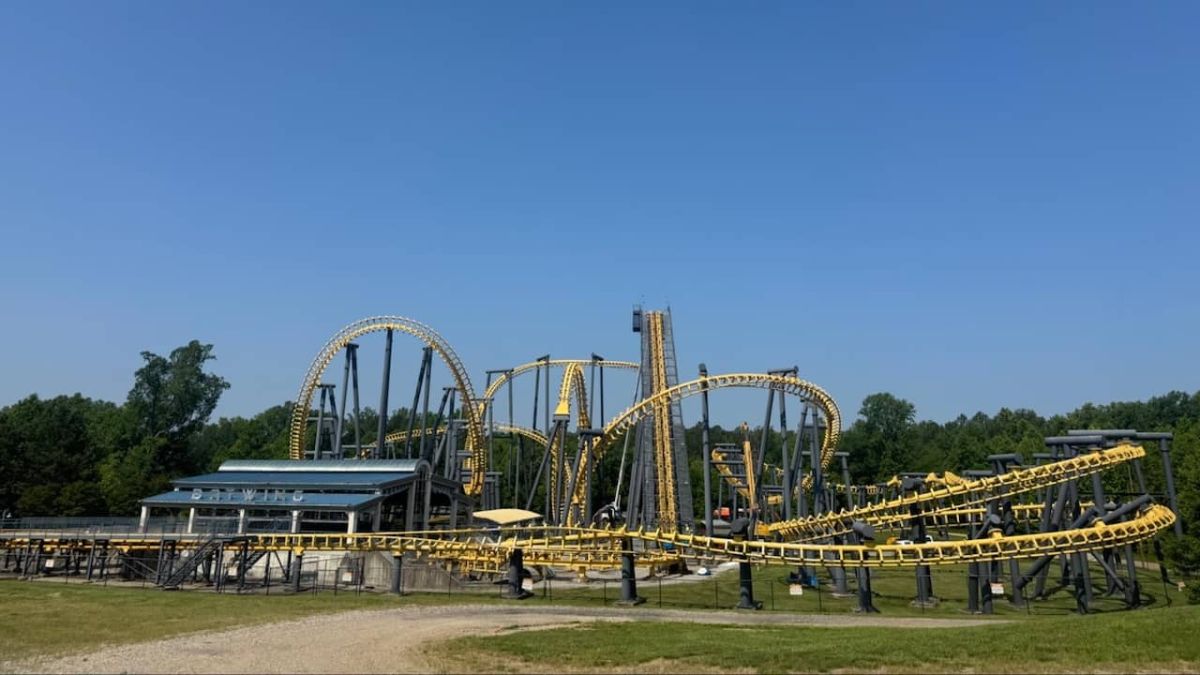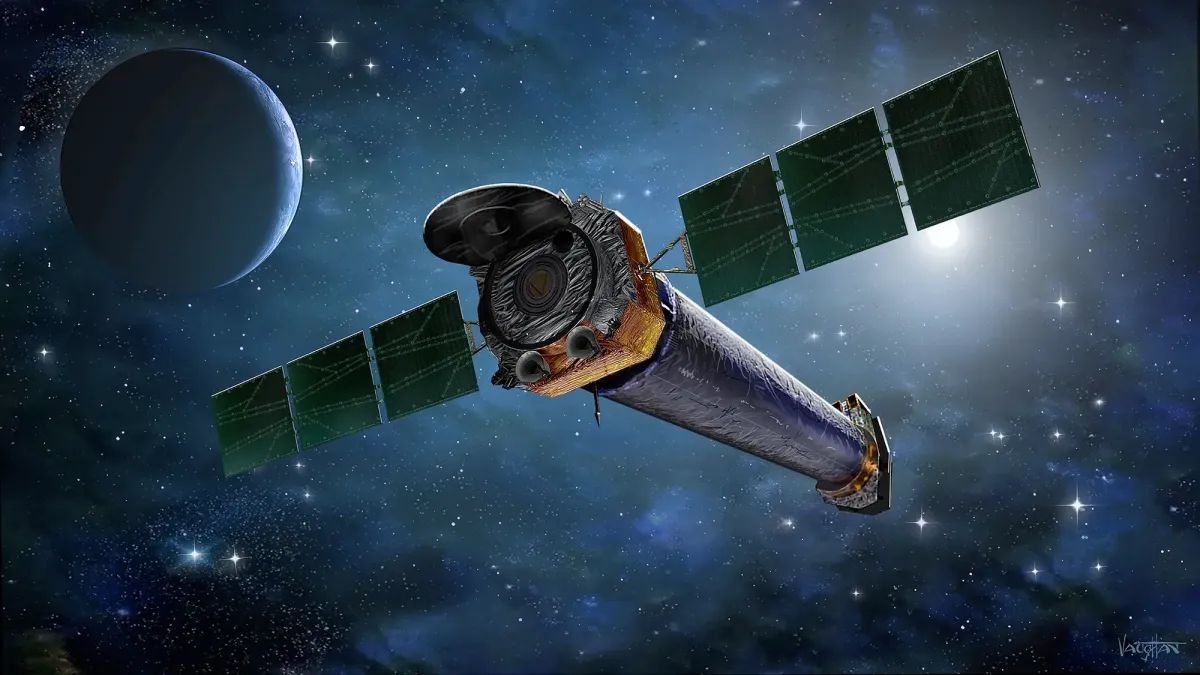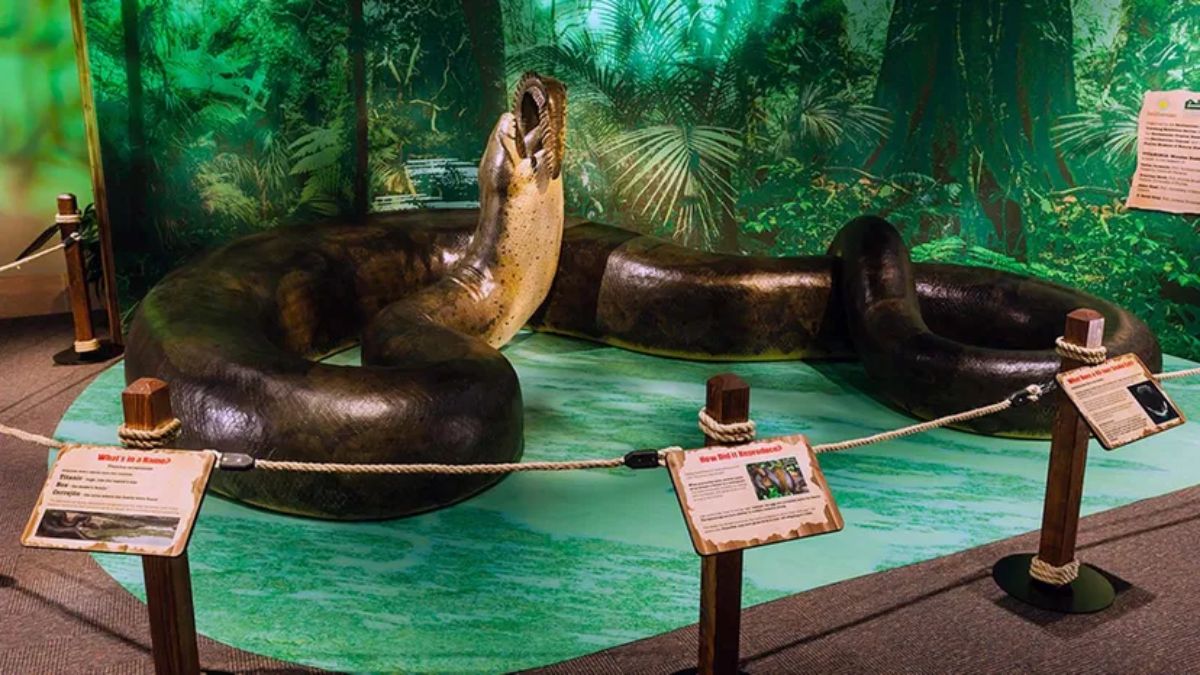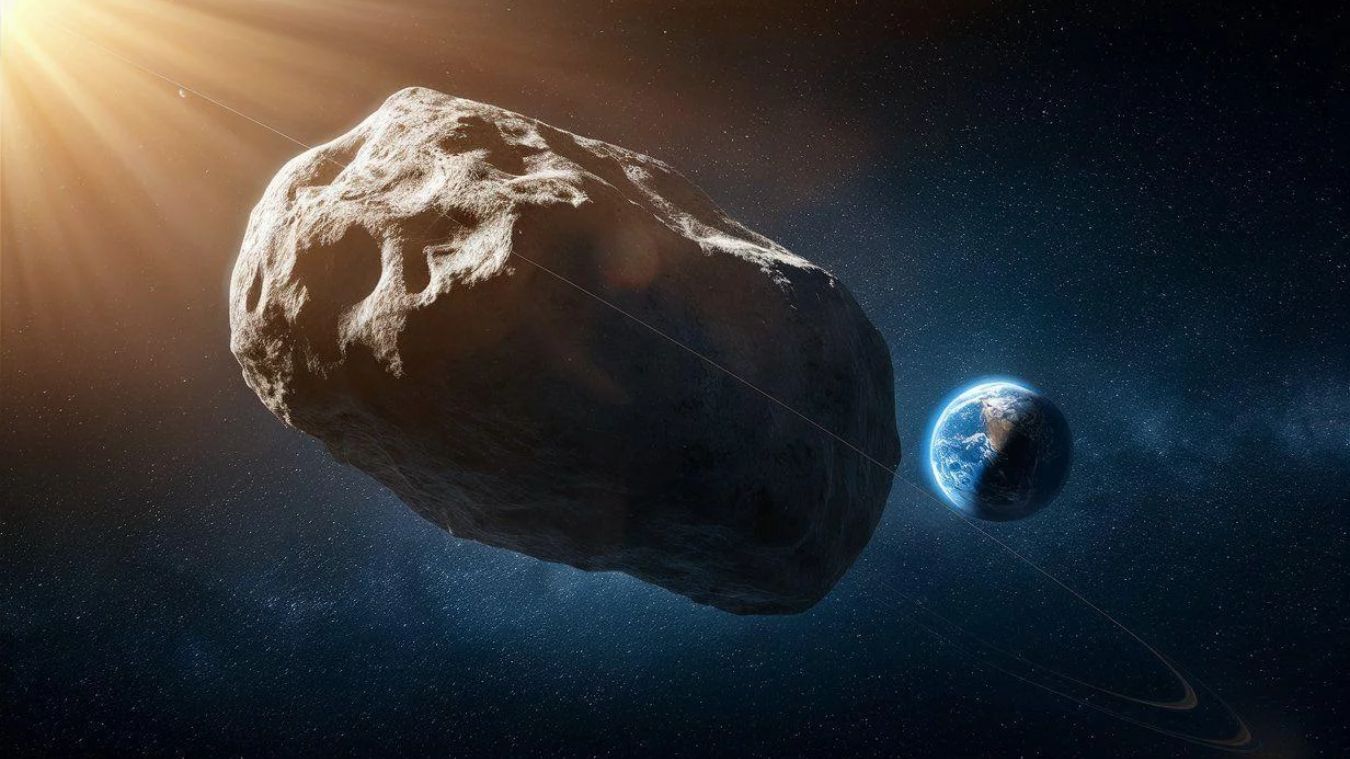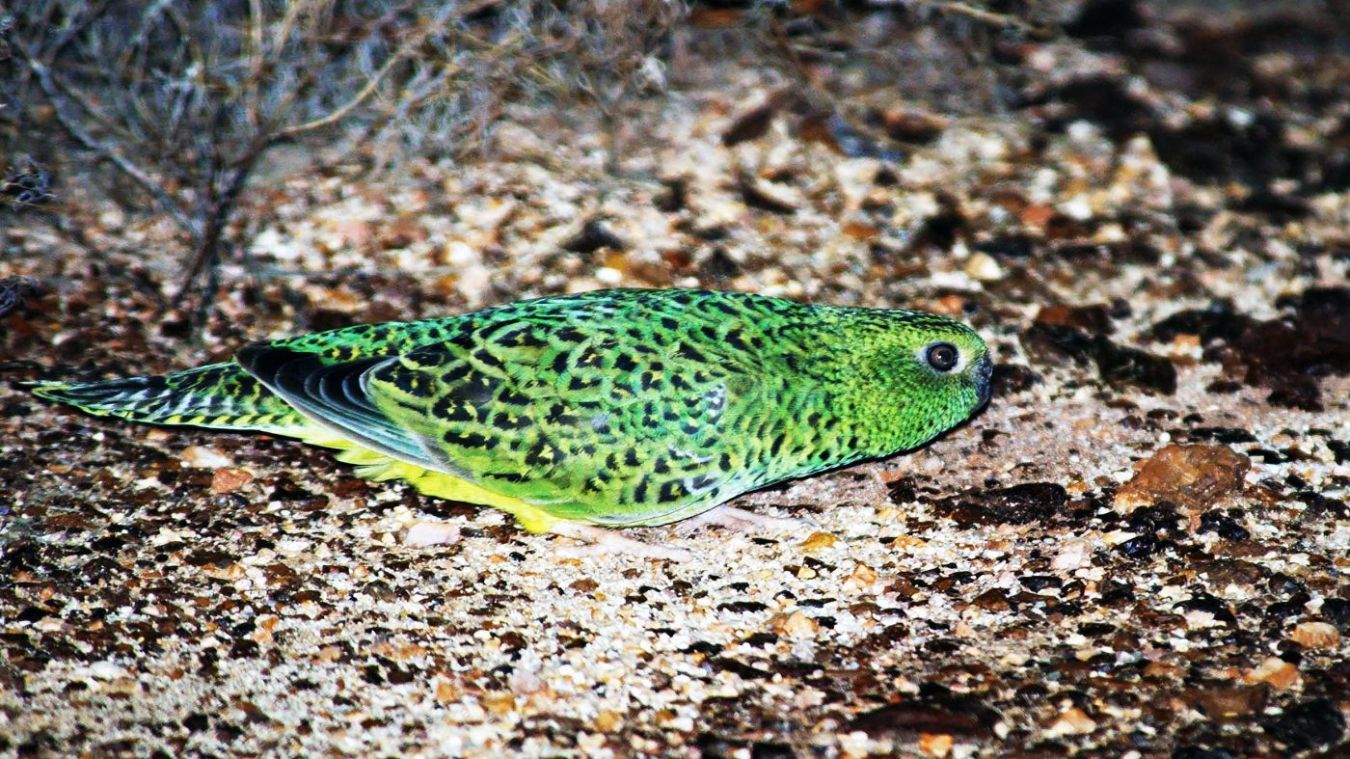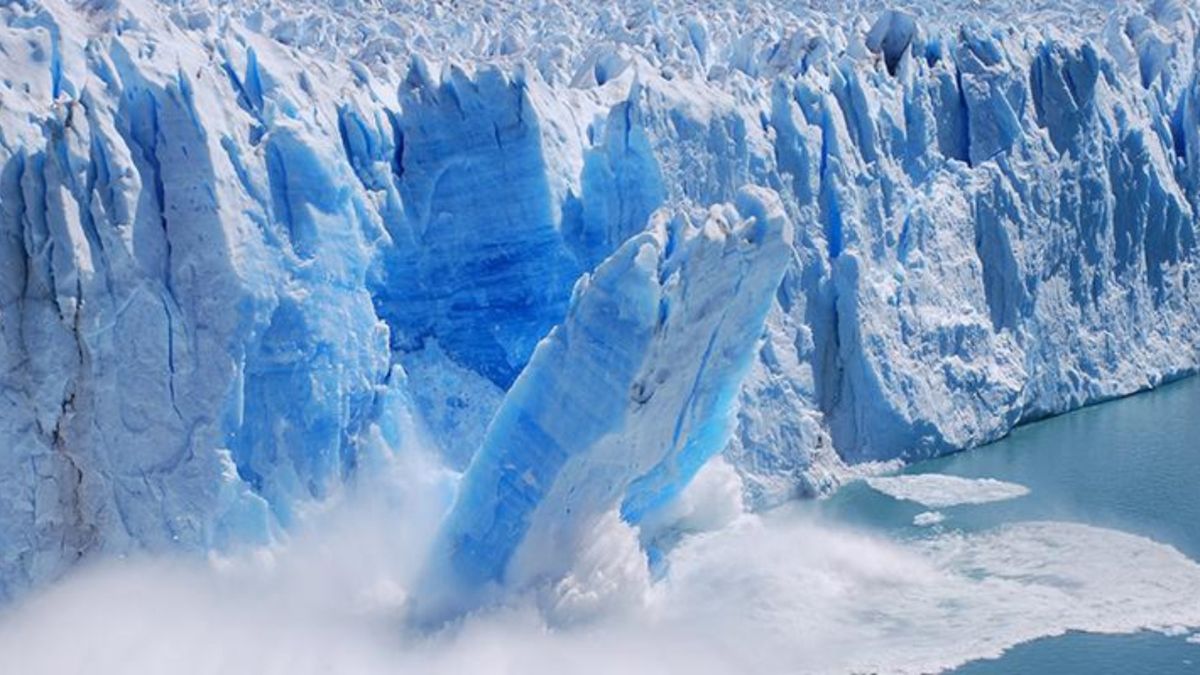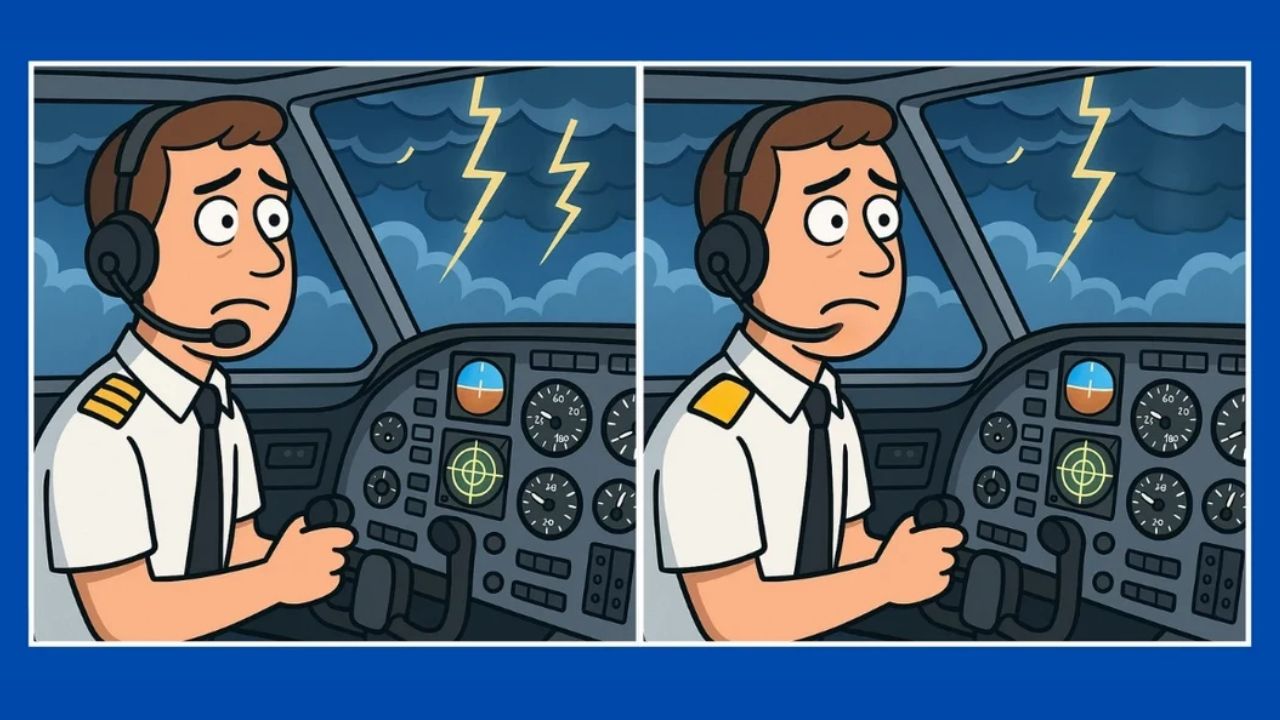NASA has long been the world’s leading space agency, pushing the boundaries of what we know about our solar system and beyond. But now, everything it has built over decades could be at risk. A proposed wave of budget cuts by the Trump administration could bring an abrupt end to many of NASA’s most critical and active missions—some of which still have decades of valuable work ahead.
This is more than just numbers on a spreadsheet. It’s about our role in space, our leadership in science, and the missions that are uncovering the mysteries of the universe.
Table of Contents
Crisis
The proposed White House budget hits planetary science hard. If it goes through, funding for many active missions would be drastically slashed. These aren’t hypothetical projects—they’re missions in full swing, currently sending back vital data from deep space.
The result? More than 50 active NASA projects could be prematurely shut down, halting the progress of decades of research and wasting billions in investments.
Leadership
For years, NASA has led the charge in space exploration. Its probes and spacecraft have captured the imaginations of millions, delivering stunning images and new discoveries. Now, while other space powers like China and the EU ramp up their missions, the U.S. risks falling behind.
Scientific voices are growing louder, warning that this is one of NASA’s greatest setbacks in decades. The agency’s once-unshakable lead is now hanging in the balance.
New Horizons
Remember New Horizons? The probe that stunned the world in 2015 with breathtaking images of Pluto? It’s still alive and well, traveling through the Kuiper Belt, a region of space teeming with icy bodies and untapped scientific potential.
New Horizons could continue to send back data for another 20 years. But if the cuts go through, this mission could be silenced far too early. Alan Stern, the mission’s former director, compared this potential cancellation to asking Columbus to sink his ships after reaching America. In other words, it would be madness.
OSIRIS
Another major mission on the chopping block is OSIRIS-Apophis. Its objective? To study the asteroid Apophis as it makes a close pass by Earth in 2029. It’s not just about curiosity—it’s about planetary defense.
Shutting it down now means turning our backs on an opportunity to learn how to protect our planet from future space threats. In a world where space debris and asteroids are very real risks, this feels like a massive step backward.
Juno
The Juno spacecraft has been sending back jaw-dropping images of Jupiter and its moons, transforming what we know about the largest planet in our solar system. It’s also become a symbol of public science, with thousands of citizen scientists around the world participating in image processing and research.
But even Juno is at risk. An early shutdown would mean not only lost data, but also lost inspiration and collaboration. This isn’t just a blow to science—it’s a blow to education, outreach, and the global scientific community.
Damage
What’s at stake here isn’t just a few machines in space. These cuts could seriously damage the United States’ position as a leader in space exploration. While international competitors charge ahead with ambitious plans, the U.S. could lose its edge—and its influence.
This isn’t just bad science. It’s bad strategy.
Hope
But all hope isn’t lost. Kip Hodges, founding director of the School of Earth and Space Exploration at Arizona State University, points out that the presidential budget is just the beginning. Congress still has a say—and it can stop this from happening.
The scientific community is urging citizens to take action. Contacting your representatives, raising awareness, and speaking out could actually make a difference. These missions aren’t paused—they’ll be permanently shut down. That’s decades of planning, technology, and discovery, gone for good.
Action
It may feel like a far-off issue, but the decisions made in the next few months will shape the future of American space exploration for generations. NASA’s missions have always inspired curiosity, innovation, and unity. But if we stay quiet now, we risk losing all of that.
So here’s the question: are we really ready to shut our eyes just as the universe is starting to open up?
Let’s not walk away from the stars just yet.
FAQs
Which NASA missions are at risk?
Missions like New Horizons, Juno, and OSIRIS-Apophis face shutdown.
Why are budget cuts being proposed?
The Trump administration aims to reduce funding for planetary science.
Can Congress stop the budget cuts?
Yes, Congress can revise and reject the proposed budget changes.
Why is New Horizons important?
It explores the Kuiper Belt and still has decades of data potential.
What can citizens do to help?
Contacting representatives and raising awareness can influence decisions.

